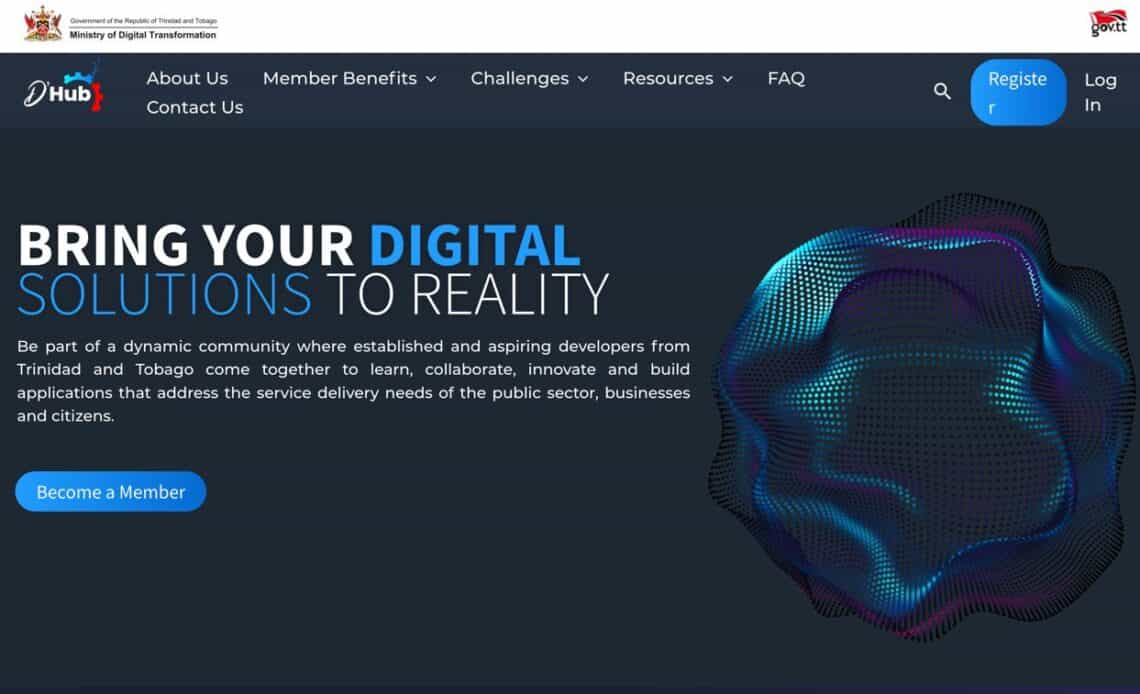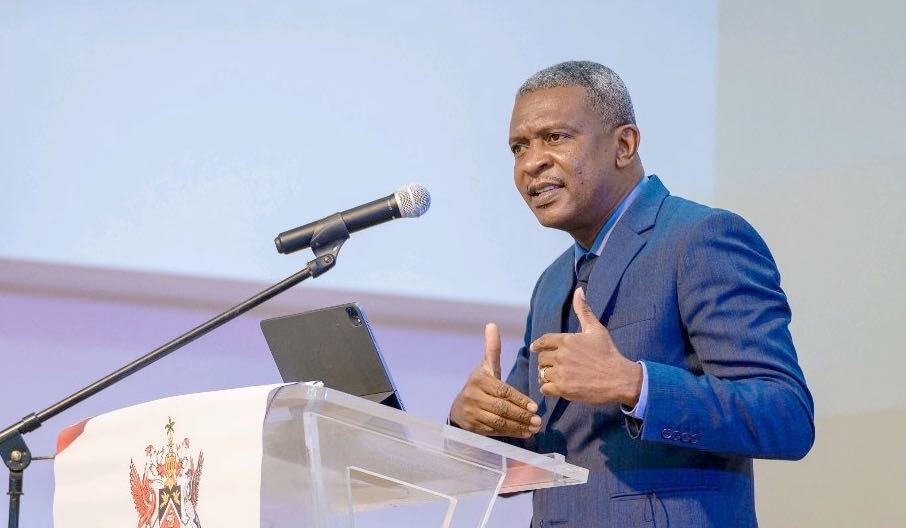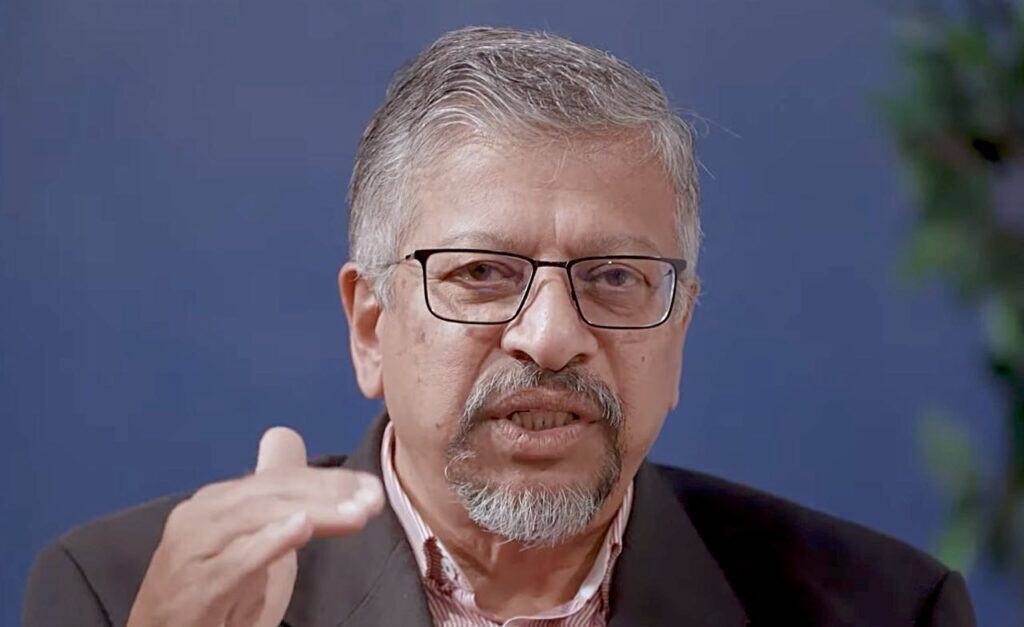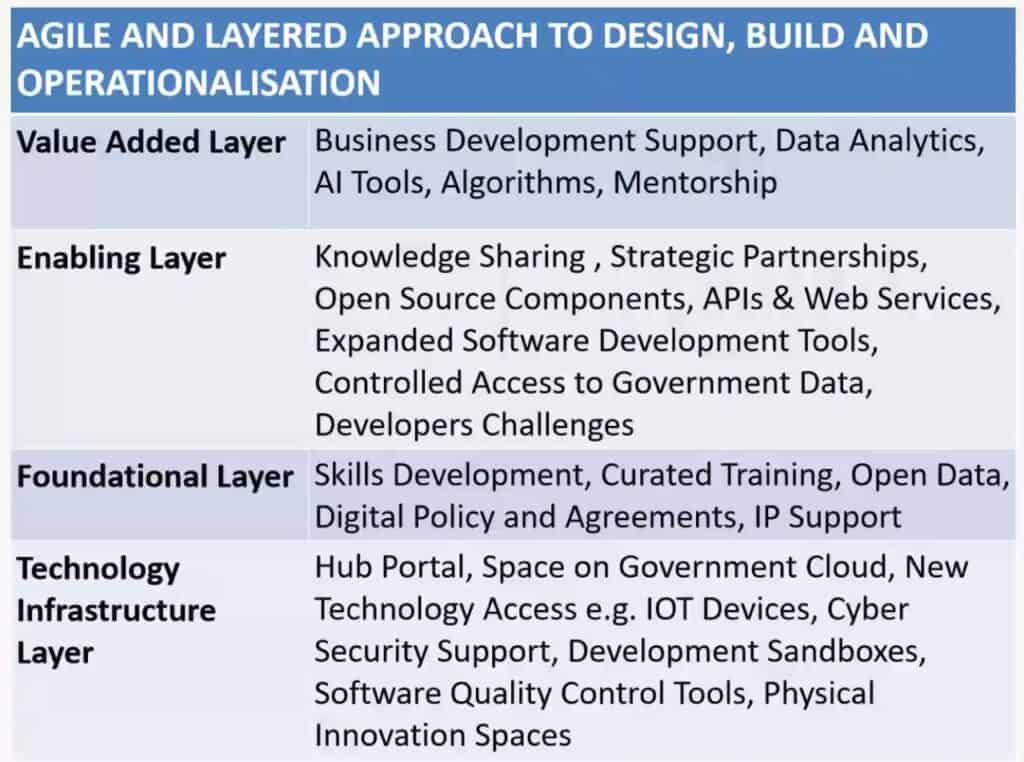
Above: The D’Hub website.
BitDepth#1412 for June 26, 2023
On Tuesday last week, the Ministry of Digital Transformation launched its first major project, the creation of a developer’s hub rather unfortunately named D’Hub.
The name could be worse. I could have been iHubTT or something equally dated, but the determined colloquialism seems to suggest a hope that the ambitions of the project will be of interest to more than the niche few who know what a GitHub is, for instance.
It will not. The developer’s hub is an effort to forge a new relationship between software developers in Trinidad and Tobago and the government. Its early adopters will be existing or aspiring professionals with specific interests and skills.
The project targets at its start, individual developers, small teams and micro-businesses, not the larger software development businesses that traditionally develop for the government.
Secondary school children, retired persons, small, medium or large companies are not being considered for the first implementation of the developer’s hub, but may be part of an increased scope for the project.
“I want all of you to work for me, and by me, I mean Trinidad and Tobago,” said Minister of Digital Transformation, Hassel Bacchus at a special event for developers and interested parties on the evening following the formal launch.
“To give you a sense of our intent, the MDT is currently tracking about 180 e- services that are offered across Government,” Bacchus said at the public launch event earlier on Tuesday.
“Our objective is that, through the developer’s hub, we will add many e-services over the next two to three years.”
The hub is a first step, as it were, in the promised ‘Moko Jumbie strides’ that the Digital Transformation Ministry is hoping to make to accelerate the provision of digital government services.
Bacchus noted that the government has not previously undertaken a project of this type, at this scale, engaging the developers of TT to address the digital transformation projects in its purview.
Devindra Ramnarine, adviser to the minister, explained that, “In February last year, we were talking about what we were planning to do. Now, we have something to show.”
“We are looking for niche projects where we can do decisive work. Targeting add-ons to the system by developers which add value.”
The developer hub will present these problems to programmers through a challenge system.
There are currently five problems listed on the site, each describing a niche issue that could be managed using digital systems.
One example: “An application or system that provides the public with an easy way to measure and report noise pollution.”
All five are specific, useful and public facing.
Prospective developers engage with the process in two steps. There are three awards for a successful proof of concept for each challenge of $50,000 each.
Presumably at the ministry’s discretion, one concept will be selected to be developed to a minimum viable product (MVP) over six months, supported by an implementation award of $350,000 that will be disbursed over the period.
If there are three successful proofs of concept and one MVP for each project, the government will disburse $2.5 million to begin the process of solving the five problems it has identified.
The ministry is emphasising the use of open source code and will retain the right to use and alter projects that are successfully brought to MVP status, though the developer can market the completed project.
That’s another aspect of the the developer hub, an ambition to develop and nurture local software development talent through the creation of a marketplace of successful digital products and developer talent.
“The developer will own the intellectual property, they can resell it, they can sell it elsewhere, the government will have the right to adapt and modify it for its own use,” said Ramnarine who explained that the money given in the second phase of the project is not payment, it’s an award.
“We want to start with domestic consumption,” said Ramnarine, then after some time, we offer it to the private sector, then we look to the region.”
“If we do electronic ID, then we look at offering it to the banking sector.”
It isn’t clear how these goals, which specifically target the smallest of local developers, will align with the requirements of the Public Procurement Act, which have given even established businesses pause in their dealings with the government.
The developer hub project has been guided by NRD, a Lithuanian company with 20 years of expertise, first at home before offering its services as a consultant worldwide. NRD has done digital projects for 12 countries in the Caribbean and two in Latin America.
This is its second project in TT, after providing consultancy services to the Finance Ministry on its online tax collection system between 2022 and 2023.
Lithuania began its push to a digital ecosystem concurrently with Trinidad and Tobago’s first Fast Forward project, 20 years ago. They are now selling digital consultancy services internationally while TT is still buying them.
Still, a start is a start, even if some of the people holding the starting pistol this time around were also part of the largely failed development race when Fast Forward launched in 2003.
D’Hub has big ambitions, including a learning centre powered by resources such as Coursera, called, yes, WeLearnTT, an online code repository, versioning and collaboration tool and eventually, physical innovation spaces, development tools and a digital staging environment.
Reducing forex spending on software licenses and bringing development in-house are unequivocally good things.
Nurturing the creation of a robust local software developer environment and supporting it with free learning resources is an excellent thing.
What’s needed this time is an acknowledgement of all the ways Fast Forward failed, not just once, but twice, and a commitment to reporting on progress with the same enthusiasm mustered for hopeful launches of digital transformation initiatives.








